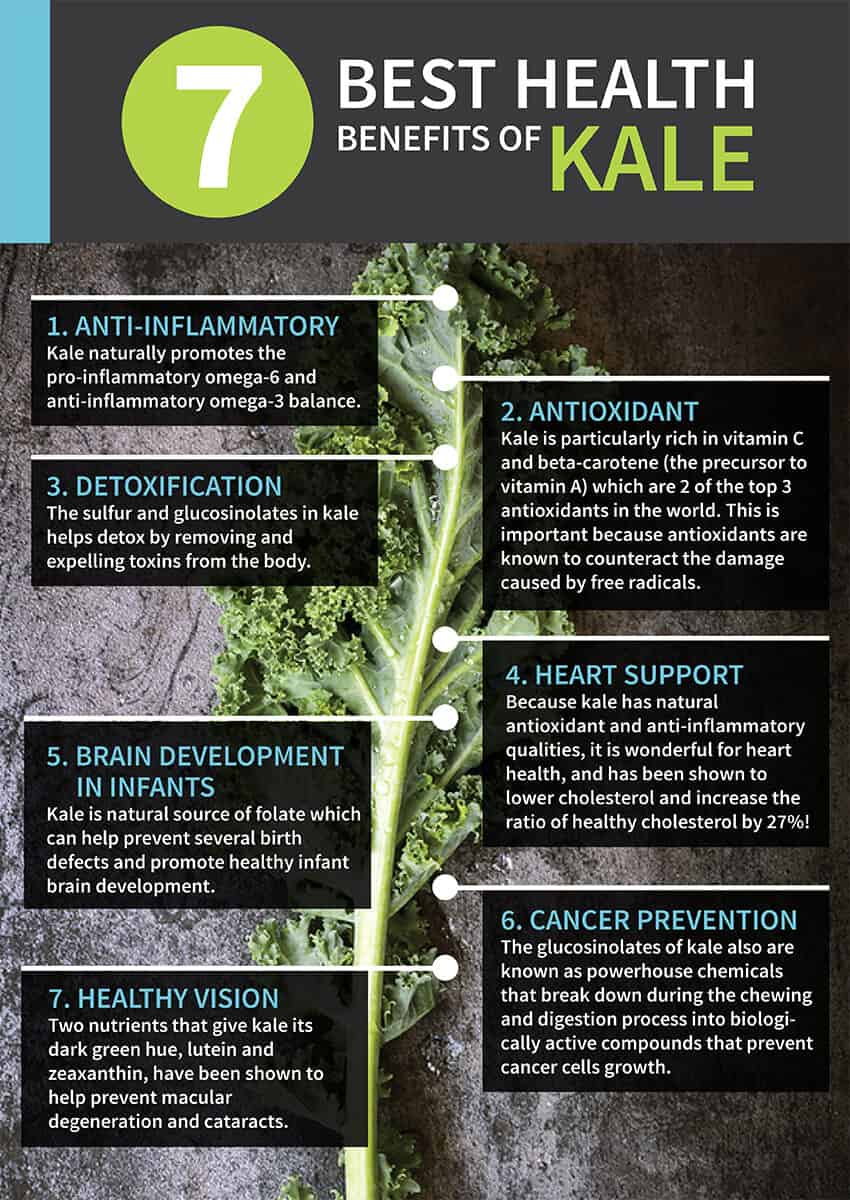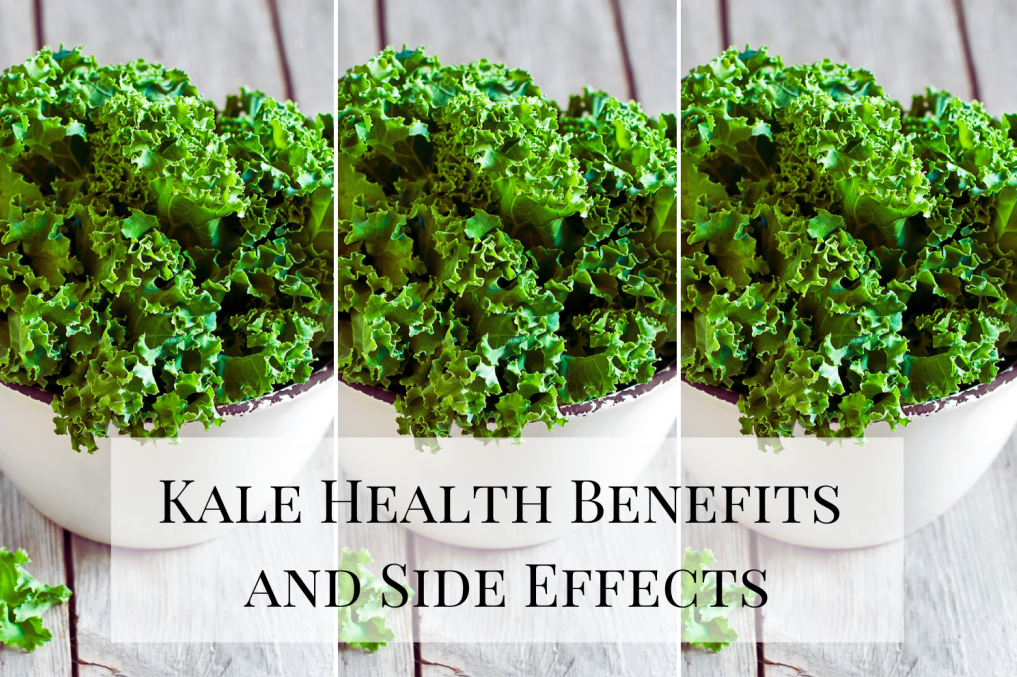
Kale, often hailed as a superfood, has gained immense popularity in recent years for its impressive nutritional profile and health benefits. This leafy green vegetable, belonging to the Brassica family, is closely related to cabbage, Brussels sprouts, and other cruciferous vegetables. With its rise in popularity, many people wonder if kale truly lives up to the hype. Let’s delve into the health benefits and considerations associated with this trendy green.
Nutritional Powerhouse
Kale is renowned for its dense nutrient content, offering a wide array of vitamins and minerals. A single cup of raw kale provides more than 100% of the recommended daily intake of vitamins A, C, and K. It is also a good source of manganese, calcium, copper, potassium, and magnesium. Moreover, kale is low in calories, with only about 33 calories per cup, making it an excellent addition to a weight-conscious diet.
Rich in Antioxidants
Kale is loaded with antioxidants, including quercetin and kaempferol, which help combat oxidative stress and inflammation in the body. These antioxidants play a crucial role in reducing the risk of chronic diseases, such as heart disease and cancer. Additionally, kale contains beta-carotene and vitamin C, both of which contribute to its antioxidant properties.
Supports Heart Health
The high fiber content in kale aids in lowering cholesterol levels, promoting cardiovascular health. The presence of potassium in kale helps regulate blood pressure, while its omega-3 fatty acids contribute to heart health. Including kale in your diet can be a heart-smart choice, especially when combined with other nutrient-rich foods.
Boosts Bone Health
Kale’s calcium and vitamin K content are vital for maintaining strong bones. Vitamin K is essential for bone metabolism and helps improve calcium absorption, reducing the risk of fractures. For those who avoid dairy, kale can be an excellent plant-based source of these important nutrients.
Potential Concerns
While kale is undoubtedly nutritious, it’s important to consume it in moderation. Kale contains oxalates, which can interfere with calcium absorption and contribute to kidney stone formation in susceptible individuals. Cooking kale can help reduce its oxalate content, making it easier to digest. Additionally, kale is known to contain goitrogens, substances that can affect thyroid function when consumed in large quantities. People with thyroid issues should consult their healthcare provider before making kale a significant part of their diet.
In conclusion, kale is a highly nutritious vegetable that offers numerous health benefits, making it a valuable addition to a balanced diet. However, like any food, it should be consumed in moderation, taking into account individual health considerations. Embracing kale as part of a varied diet can contribute to overall well-being and vitality.




